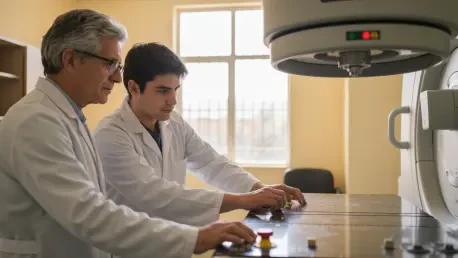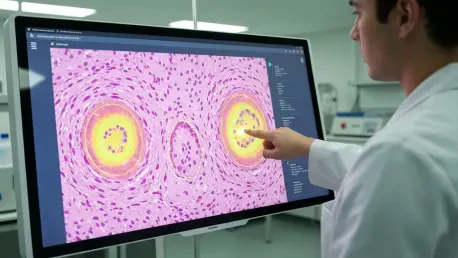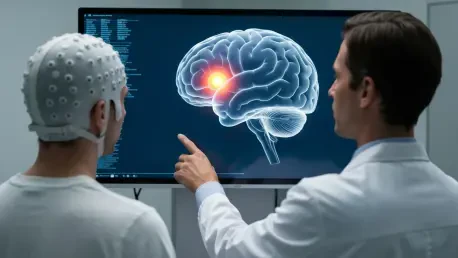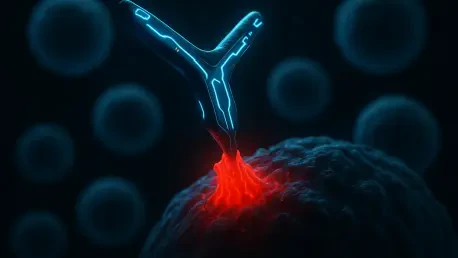
As the global population ages and the incidence of chronic illnesses like cancer continues its upward trend, the demand for advanced medical physics applications in diagnostic imaging and high-precision radiotherapy is surging to unprecedented levels. This escalating need, however, is met with a

Today, we are joined by Ivan Kairatov, a biopharma expert at the forefront of technological innovation in medicine. With colorectal cancer ranking as the third most common cancer worldwide and the second leading cause of cancer-related deaths, the medical community is urgently seeking better

For millions of people living with drug-resistant epilepsy, the hope for a cure often comes with a terrifying prospect: undergoing invasive brain surgery just to find the precise origin of their debilitating seizures. This high-stakes diagnostic journey requires surgeons to place electrodes

The ongoing battle against highly aggressive blood cancers has reached a pivotal moment with the emergence of a groundbreaking therapy that demonstrated remarkable effectiveness in recent clinical trials. Comprehensive data presented at the 67th American Society of Hematology (ASH) Annual Meeting

For hundreds of millions of people around the globe, the rhythm of daily life is punctuated by the sharp, metallic sting of a lancet, a necessary and often painful ritual for managing diabetes that has remained stubbornly unchanged for decades. This constant cycle of finger-prick tests, while

More than two decades after the tragic events of September 11, 2001, the enduring health consequences for the heroic first responders continue to unfold, revealing wounds far deeper than those visible to the naked eye. A landmark study has now cast a powerful light on one of the most insidious of